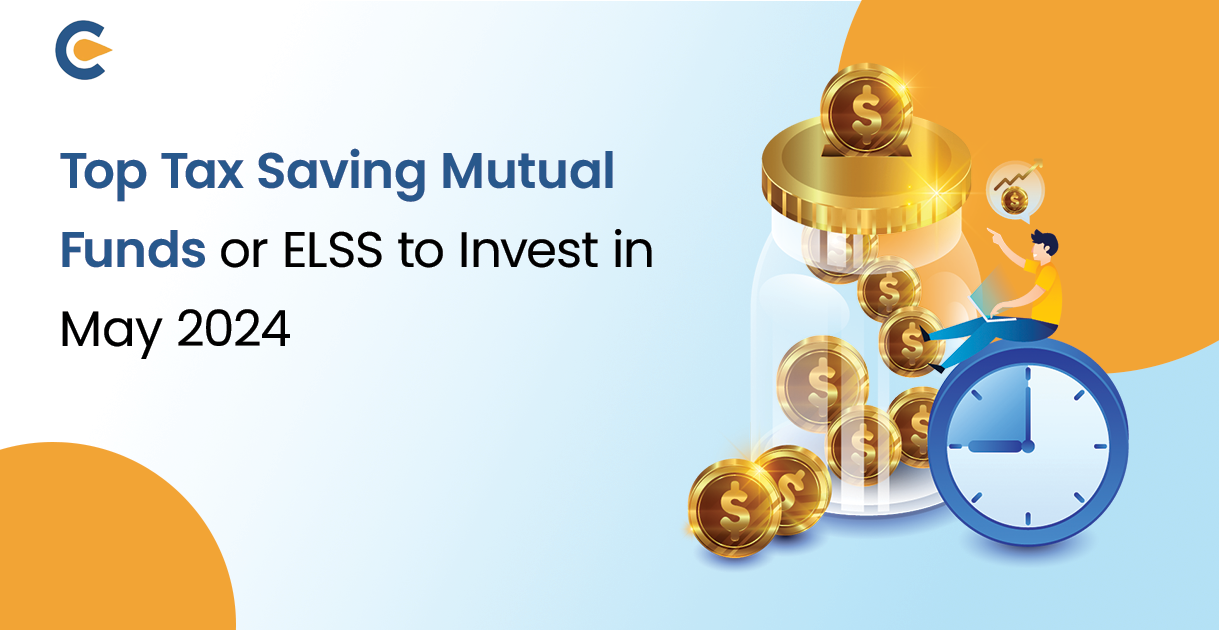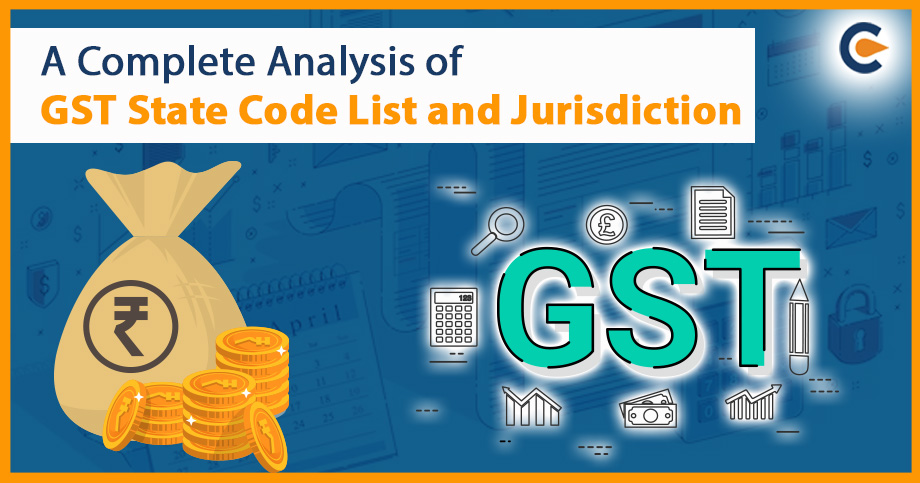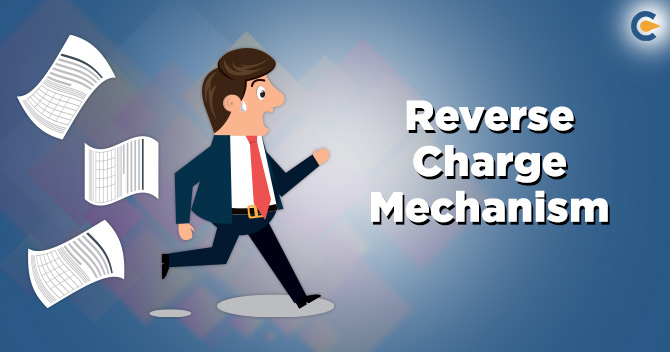A total of 42 schemes of ELSS were there as of March 31st, 2024, in India, with a net AUM of Rs 2,13,000 lakh crore as per the statistics of the Association of Mutual Funds in India. There is a wide range of tax saving mutual funds.
In simple words, a mutual fund is when a pool of money is managed by an entity. Numerous investors come together and invest in similar bonds, equities, etc. With mutual funds, the investors can have easy access, exist, and reduce the risk of managing funds as the fund manager will oversee the investments.
A mutual fund is a form of investing in which several investors unite their money to purchase a variety of assets, including bonds, equities, and instruments of the money market. Professional managers oversee investments to make money for clients. The Securities and Exchange Board of India (SEBI) oversees mutual funds. Fund managers, reputable financial experts with experience in investment analysis and management, oversee mutual funds.
What is ELSS (Equity Linked Savings Schemes)?
Mutual funds in which at least 80% of the assets are invested in equities are considered as tax saving mutual funds. The tax saving mutual funds, also known as Equity Linked Savings Schemes or ELSS, provide investors with tax advantages under the Income Tax Act of 1961’s Section 80C. This tax saving mutual fund has a lock-in period. It is a compulsory three-year lock-in period. The dividend that is earned on tax saving mutual funds is free from taxes. The amount paid at the time of redemption and the dividend received are not applications for TDS.
Section 80C of the Income Tax Act of 1961 talks about the deductions on investments. The section allows a tax deduction of up to Rs 1,50,000 every fiscal year. The deduction under Section 80C can be claimed by Hindu Undivided Families (HUFs) and individuals. It makes it one of the most popular and most liked provisions amongst the other deduction provisions under the Income Tax Act of 1961. On the other hand, the deduction under this provision cannot be claimed by LLPs, companies, and partnership firms.
Advantages of ELSS
There are many advantages of tax saving mutual funds. Some of the key advantages that an investor should know before investing are:
- The tax saving mutual funds have a potentially higher return than other investment options that also save taxes.
- Wealth creation can be achieved by investing in tax saving mutual funds.
- There are many tax benefits of ELSS. The essential advantage is the tax deduction under Section 80C.
- The lock-in period is low in ELSS. When compared to other options, the minimum lock- in period is five years.
- When investing in mutual funds, you can choose the SIP Option, where a small amount is invested regularly.
- With the ELSS, investors can cultivate a habit of saving for their lifetime.
Tax Saving Mutual Funds or ELSS to Invest
The majority of the investments are made in January, February, and March, which are the last three months of the fiscal year by the investors. All the investors looking to find options to invest where they can also save taxes can choose this tax saving mutual fund – ELSS. It is vital to comprehend all the information and key details on tax saving mutual funds before you invest in them.
The tax saving mutual funds invest in stocks, so the risk is relatively high in ELSS. The other aspect is that they might not have returns that can be guaranteed. It depends mainly on the market conditions, so you can have good profits too, but you can also have significant losses. As compared to the other investments that save taxes, the ELSS is one of the options with a short lock-in period. Investing in equity is always a long-term investment, so invest only when you are committed to a period of 5 to 7 years.
ELSS is the best option and acts as a door opener for investors who are looking to invest in stocks. All this information should be known if you are a new investor or a first-time investor in tax saving mutual funds.
Factors to Consider Before Investing
Before jumping into ELSS, which is also known as a tax saving mutual fund, there are some factors that as an investor you have to consider before investing. The factors to consider before investing are:
- Lock-in Period
The ELSS has a compulsory lock-in period. A lock-in period is the period when the investment is not allowed to be either sold or withdrawn by the investor. The lock-in period for the tax saving mutual fund is three years. So, for three years, the holdings are not eligible for redemption. It is one of the key factors that the investor should take into consideration before investing in these funds.
- Returns
The key aim of doing any kind of investment is for returns. So, the next factor to consider before investing is related to returns that investors can get in tax saving mutual funds. Guaranteed returns cannot be promised under this tax saving mutual fund.
- Horizon of Investment
When investing in the tax saving mutual funds the investor’s horizon of investment should be more than five years. The ELSS to mitigate the risks and market volatility, the ELSS requires a longer investment horizon.
To Wrap Up
In conclusion, tax saving mutual funds are one of the greatest options when investors are looking to invest in something that has tax benefits, a short lock-in period, and a longer period. The ELSS invests particularly in equities. As compared to other investment options, the ELSS has high risk, but it is one of the best long-term investment options.
Frequently Asked Questions
Are mutual funds under 80C tax saving?
ELSS is a type of mutual fund that lets investors claim a deduction in income tax. Investing in it can save up to Rs 1,50,000 per fiscal year. The deduction is included under Section 80C of the Income Tax Act of 1961 in India.
Is ELSS better than PPF?
The potential for returns is higher in ELSS than in PPF, which has lower returns, but ELSS is higher in risk and volatility, while PPF is more stable and lower in risk.
Is ELSS tax-free after three years?
You can save tax on tax saving mutual funds, as the name suggests, after three years. The income tax exemption is up to 1.5 lakh rupees.
Which is better, ULIP or ELSS?
Tax saving mutual funds have higher liquidity than ULIPs. The lock-in period for ELSS is three years, while it is five years for ULIPs. Investors can withdraw the money only after the lock-in period ends, and they won’t even have any penalty.
Who should not invest in ELSS?
If you want quick returns, ELSS is not an option for you. With the ELSS option, you cannot get a return quickly, so you can try something else if you want the returns quickly. ELSS is the best option for long-term investment options.
Who should invest in ELSS?
Salaried first-time investors and individuals are the most fitting for investing in tax saving mutual funds.
Read our article How To Get TDS Refund Online?











